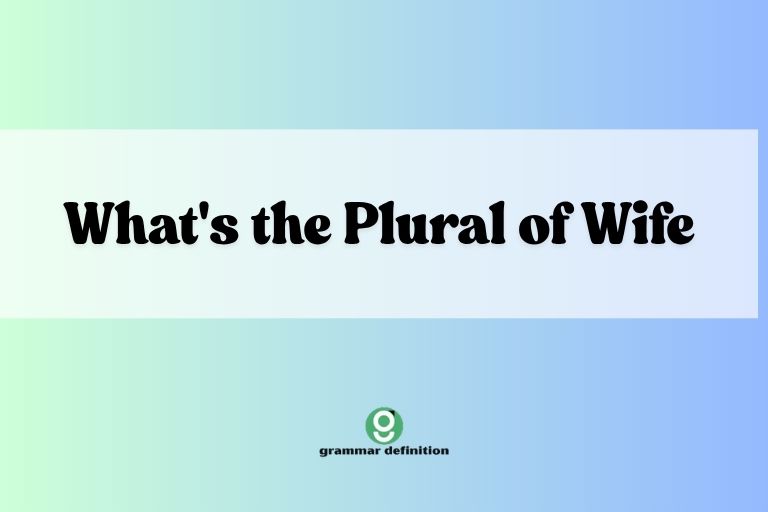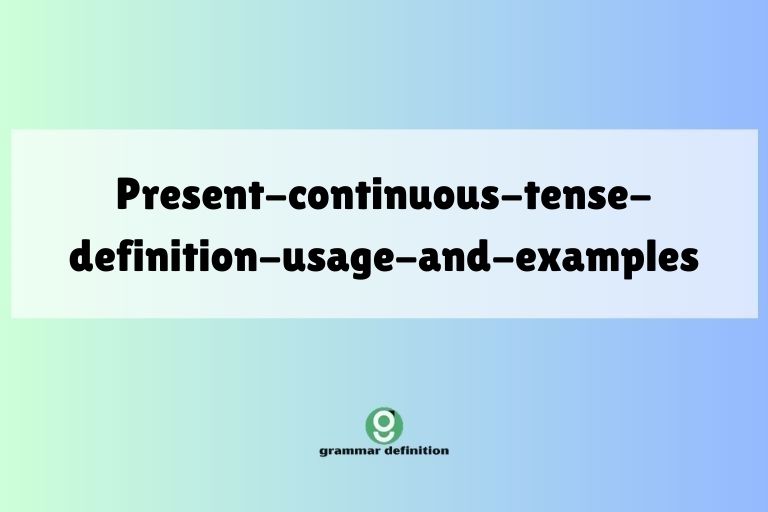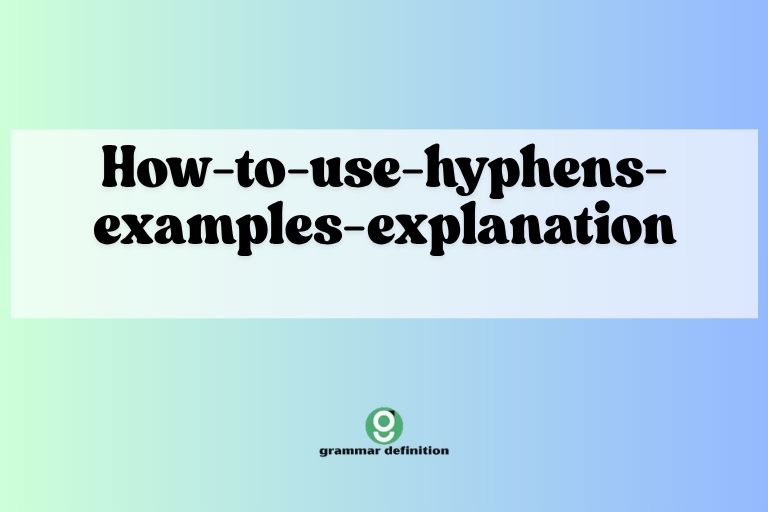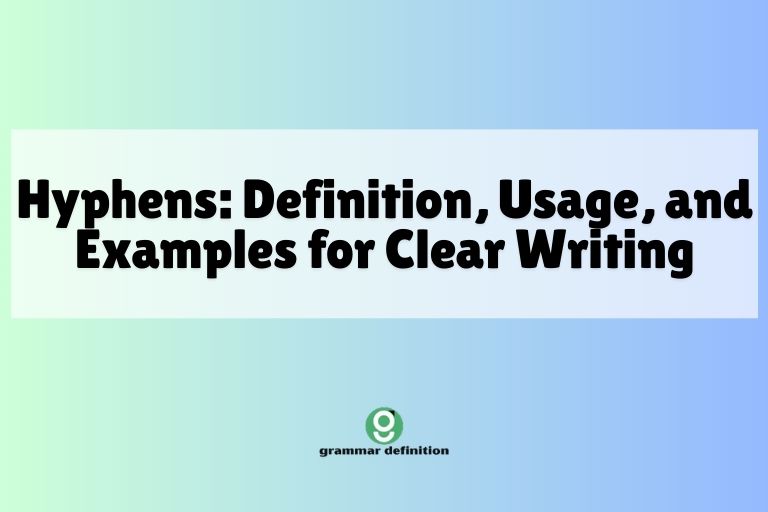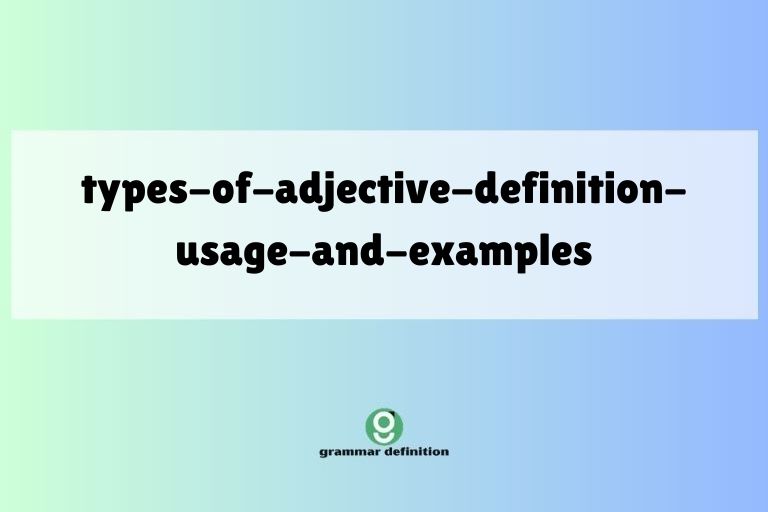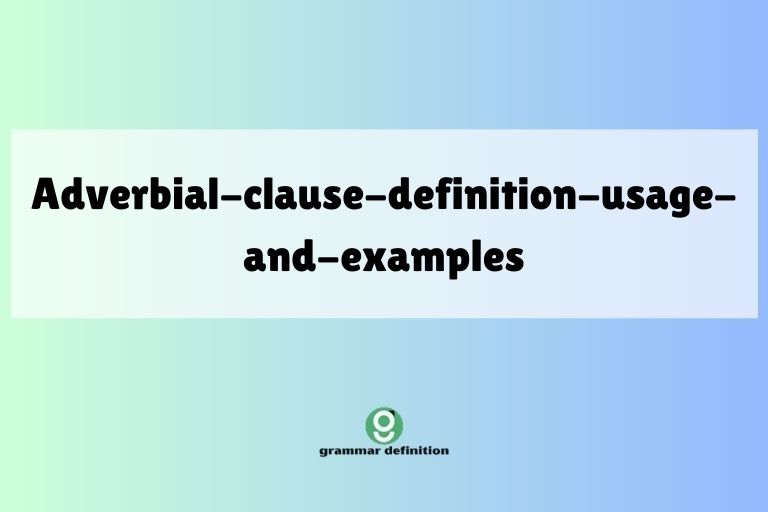Drink, Drank, Drunk: Mastering the Past Tense of “Drink”
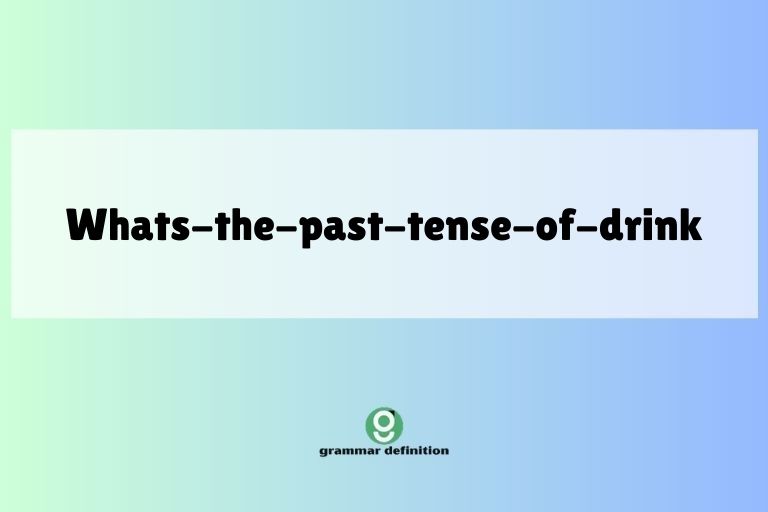
Understanding the past tense forms of irregular verbs like “drink” is crucial for effective communication in English. Knowing when to use “drank” versus “drunk” can significantly improve your grammar and clarity.
This article provides a comprehensive guide to mastering the past tense and past participle of “drink,” covering definitions, structural breakdowns, usage rules, common mistakes, and practice exercises. Whether you’re a beginner or an advanced learner, this guide will help you confidently use “drink,” “drank,” and “drunk” in your writing and speech.
Table of Contents
- Introduction
- Definition of “Drink,” “Drank,” and “Drunk”
- Structural Breakdown
- Types of Past Tense
- Examples of “Drink,” “Drank,” and “Drunk”
- Usage Rules
- Common Mistakes
- Practice Exercises
- Advanced Topics
- FAQ
- Conclusion
Definition of “Drink,” “Drank,” and “Drunk”
The verb “drink” refers to the act of consuming liquid. It is an irregular verb, meaning its past tense and past participle forms do not follow the standard “-ed” ending rule.
Understanding the different forms and their proper usage is essential for correct grammar. Let’s break down each form:
“Drink” – The Base Form
“Drink” is the base form of the verb. We use it to express present tense actions, habitual actions, or to form the infinitive. It represents the action of consuming a liquid.
“Drank” – The Simple Past Tense
“Drank” is the simple past tense of the verb “drink.” We use “drank” to describe an action that was completed at a specific time in the past. This form indicates a finished action with a defined beginning and end.
“Drunk” – The Past Participle
“Drunk” is the past participle of the verb “drink.” The past participle is used with auxiliary verbs like “have,” “has,” or “had” to form perfect tenses. It can also be used as an adjective to describe someone who is intoxicated.
Structural Breakdown
The structural breakdown of “drink,” “drank,” and “drunk” highlights the irregularity of the verb. Irregular verbs often change their vowel sounds (and sometimes consonants) to indicate tense and participle forms.
Understanding these changes is key to using them correctly.
Base Form: Drink
The base form “drink” is used in the present tense and with modal verbs. It serves as the foundation for other forms and is the simplest form to use.
Example: I drink water every day.
Simple Past: Drank
The simple past tense “drank” indicates a completed action in the past. It replaces the vowel “i” in “drink” with “a.”
Example: Yesterday, I drank a glass of juice.
Past Participle: Drunk
The past participle “drunk” is used with auxiliary verbs to form perfect tenses. It changes the vowel “i” in “drink” to “u” and adds a “k” sound.
Be aware that “drunk” also has an adjectival form, meaning intoxicated.
Example: I have drunk three cups of coffee this morning.
Types of Past Tense
Understanding the different types of past tense and how they utilize the past participle is crucial for mastering English grammar. While “drank” is used in the simple past, “drunk” appears in perfect tenses.
Here’s a breakdown:
Simple Past: Drank
The simple past tense indicates a completed action in the past. It provides a straightforward way to describe events that have already occurred.
Example: She drank her tea quickly.
Present Perfect: Have/Has Drunk
The present perfect tense uses “have” or “has” + “drunk” to describe an action that started in the past and continues to have relevance in the present. It often emphasizes the result of the action.
Example: He has drunk all the milk.
Past Perfect: Had Drunk
The past perfect tense uses “had” + “drunk” to describe an action that was completed before another action in the past. It helps establish a sequence of events.
Example: They had drunk all the soda before the guests arrived.
Future Perfect: Will Have Drunk
The future perfect tense uses “will have” + “drunk” to describe an action that will be completed before a specific time in the future. It’s used to project an action into the future with a sense of completion.
Example: By the time you arrive, I will have drunk my entire smoothie.
Examples of “Drink,” “Drank,” and “Drunk”
Providing numerous examples is crucial for understanding how to use “drink,” “drank,” and “drunk” in various contexts. The following tables categorize examples by tense and usage, offering a clear and comprehensive guide.
Examples of “Drink” (Base Form)
The following table demonstrates the use of the base form “drink” in various present tense and infinitive constructions.
| Sentence | Explanation |
|---|---|
| I drink coffee every morning. | Habitual action in the present. |
| She likes to drink juice with her breakfast. | Infinitive form after “to.” |
| They drink water after exercising. | General statement about a routine. |
| We drink tea in the afternoon. | Habitual action. |
| He doesn’t drink soda. | Negative present tense statement. |
| Do you drink enough water? | Question in the present tense. |
| I will drink some water later. | Future tense with the base form. |
| You should drink more fluids when you are sick. | Use with modal verb “should”. |
| They can drink the beverage if they want. | Use with modal verb “can”. |
| We must drink water to stay hydrated. | Use with modal verb “must”. |
| I might drink a smoothie after my workout. | Use with modal verb “might”. |
| She may drink something later. | Use with modal verb “may”. |
| He would drink coffee if it weren’t so late. | Use with modal verb “would”. |
| They could drink the juice if they were thirsty. | Use with modal verb “could”. |
| I want to drink something cold. | Infinitive after “want”. |
| She needs to drink more water. | Infinitive after “needs”. |
| He decided to drink tea instead of coffee. | Infinitive after “decided”. |
| They plan to drink juice in the morning. | Infinitive after “plan”. |
| We hope to drink something refreshing. | Infinitive after “hope”. |
| I expect to drink more water today. | Infinitive after “expect”. |
| I drink when I’m thirsty. | Present tense with a conditional clause. |
| She doesn’t drink alcohol. | Negative present tense statement. |
| We drink to celebrate special occasions. | General statement about a practice. |
Examples of “Drank” (Simple Past Tense)
The following table illustrates the use of “drank” to describe completed actions in the past.
| Sentence | Explanation |
|---|---|
| I drank a glass of milk this morning. | Completed action in the past. |
| She drank her coffee before leaving for work. | Action completed before another event. |
| They drank all the juice at the party. | Completed action at a specific event. |
| We drank tea after dinner last night. | Action completed at a specific time. |
| He drank the water quickly because he was thirsty. | Action completed due to a reason. |
| Yesterday, I drank two cups of tea. | Action completed on a specific day. |
| Last night, she drank a glass of wine. | Action completed the previous night. |
| Last week, they drank juice after their workout. | Action completed the previous week. |
| Last month, we drank water during the marathon. | Action completed the previous month. |
| Last year, he drank coffee every day. | Habitual action in the past. |
| I drank lemonade at the picnic. | Action completed at a specific event. |
| She drank her smoothie on the way to work. | Action completed during a commute. |
| They drank the soda during the movie. | Action completed during an activity. |
| We drank the juice after the game. | Action completed after an event. |
| He drank the water before the race. | Action completed before an event. |
| I drank tea to relax. | Action completed for a purpose. |
| She drank juice to get energy. | Action completed for a purpose. |
| They drank water to stay hydrated. | Action completed for a purpose. |
| We drank soda to celebrate. | Action completed for a celebration. |
| He drank coffee to stay awake. | Action completed for a purpose. |
| I drank less soda than usual. | Comparison in the past. |
| She drank more water than I did. | Comparison in the past. |
| They drank the same amount of juice. | Equality in the past. |
Examples of “Drunk” (Past Participle)
The table below shows how “drunk” is used as a past participle in various perfect tenses and as an adjective.
| Sentence | Explanation |
|---|---|
| I have drunk three cups of coffee today. | Present perfect tense. |
| She has drunk more water than usual. | Present perfect tense with comparison. |
| They have drunk all the juice. | Present perfect tense indicating completion. |
| We have drunk tea every afternoon this week. | Present perfect tense with habitual action. |
| He had drunk all the water before I arrived. | Past perfect tense indicating prior action. |
| By the time we got there, she had drunk her smoothie. | Past perfect tense with time clause. |
| They had drunk all the soda before the movie started. | Past perfect tense indicating prior action. |
| We had drunk tea before going to bed. | Past perfect tense indicating prior action. |
| I will have drunk my coffee by the time you arrive. | Future perfect tense. |
| By the end of the party, she will have drunk all the juice. | Future perfect tense indicating future completion. |
| They will have drunk all the water by the end of the day. | Future perfect tense indicating future completion. |
| We will have drunk tea before the meeting starts. | Future perfect tense indicating future completion. |
| Having drunk the juice, he felt refreshed. | Perfect participle phrase. |
| Having drunk her coffee, she was ready to start the day. | Perfect participle phrase. |
| Having drunk the water, they felt hydrated. | Perfect participle phrase. |
| The man was drunk. | Adjective describing intoxication. |
| She was too drunk to drive. | Adjective describing intoxication. |
| He became drunk after several beers. | Adjective describing intoxication. |
| He hasn’t drunk anything all day. | Negative present perfect. |
| She hasn’t drunk her water yet. | Negative present perfect. |
| They haven’t drunk all the juice. | Negative present perfect. |
| We haven’t drunk tea this week. | Negative present perfect. |
| Has he drunk his coffee yet? | Interrogative present perfect. |
| Has she drunk enough water today? | Interrogative present perfect. |
| Have they drunk all the juice? | Interrogative present perfect. |
Usage Rules
To use “drink,” “drank,” and “drunk” correctly, it’s essential to understand the specific rules governing their usage. These rules ensure clarity and grammatical accuracy in various contexts.
Rule 1: Use “Drink” for Present Tense and Infinitives
Use the base form “drink” for actions happening now, habitual actions, and with infinitives (to drink).
Example: They drink water after every game. I want to drink something cold.
Rule 2: Use “Drank” for Simple Past Tense
Use “drank” to describe a completed action in the past. There should be a clear indication that the action is finished.
Example: She drank her juice quickly this morning.
Rule 3: Use “Drunk” as a Past Participle with Auxiliary Verbs
Use “drunk” with auxiliary verbs (have, has, had, will have) to form perfect tenses. This indicates an action completed at a time relevant to the present, past, or future.
Example: He has drunk all the milk. They had drunk all the soda before we arrived. By tomorrow, I will have drunk all of this smoothie.
Rule 4: “Drunk” as an Adjective
“Drunk” can also be used as an adjective to describe someone who is intoxicated. In this case, it directly modifies a noun or follows a linking verb (is, are, was, were).
Example: The man was drunk. A drunk driver is a danger to everyone.
Rule 5: Avoid Mixing Tenses
Ensure consistency in your tenses. Do not mix past and present tenses unnecessarily.
If you start describing an event in the past, maintain that tense unless there’s a logical reason to switch.
Incorrect: Yesterday, I drink a glass of water.
Correct: Yesterday, I drank a glass of water.
Common Mistakes
Even experienced English learners can make mistakes with irregular verbs. Identifying and correcting these common errors will help you refine your grammar skills.
Mistake 1: Using “Drunk” Instead of “Drank” in Simple Past
A common mistake is using “drunk” instead of “drank” for simple past tense. Remember, “drank” is the correct form for describing a completed past action.
Incorrect: I drunk a glass of water yesterday.
Correct: I drank a glass of water yesterday.
Mistake 2: Using “Drank” Instead of “Drunk” with Auxiliary Verbs
Another frequent error is using “drank” with auxiliary verbs. The correct form to use with “have,” “has,” or “had” is “drunk.”
Incorrect: She has drank all her juice.
Correct: She has drunk all her juice.
Mistake 3: Incorrect Adjective Usage
Using “drank” as an adjective is incorrect. “Drunk” is the correct adjectival form.
Incorrect: The man was very drank.
Correct: The man was very drunk.
Mistake 4: Mixing Up Tenses
Inconsistently switching between tenses can cause confusion. Maintain a consistent tense throughout your sentence and paragraph unless there’s a specific reason to change.
Incorrect: I drank coffee this morning, and now I drink tea.
Correct: I drank coffee this morning, and now I am drinking tea.
Practice Exercises
These practice exercises will help you reinforce your understanding of “drink,” “drank,” and “drunk.” Complete each exercise and check your answers to assess your progress.
Exercise 1: Fill in the Blanks (Simple Past vs. Past Participle)
Fill in the blanks with the correct form of “drink” (drank or drunk).
| Question | Answer |
|---|---|
| 1. Yesterday, I _______ a lot of water. | drank |
| 2. She has _______ all the juice. | drunk |
| 3. They _______ tea after dinner last night. | drank |
| 4. He had _______ the entire bottle before we arrived. | drunk |
| 5. I _______ coffee this morning. | drank |
| 6. We have _______ our fill of lemonade. | drunk |
| 7. She _______ the smoothie quickly. | drank |
| 8. They had _______ all the soda before the movie started. | drunk |
| 9. I _______ water after my workout. | drank |
| 10. She has _______ more water today than yesterday. | drunk |
Exercise 2: Correct the Mistakes
Identify and correct the mistakes in the following sentences.
| Question | Corrected Answer |
|---|---|
| 1. I drunk a glass of juice. | I drank a glass of juice. |
| 2. She has drank all her water. | She has drunk all her water. |
| 3. They drunk tea yesterday. | They drank tea yesterday. |
| 4. He had drank his coffee before leaving. | He had drunk his coffee before leaving. |
| 5. We drunk the soda quickly. | We drank the soda quickly. |
| 6. She has drunked all the milk. | She has drunk all the milk. |
| 7. I drunk the entire bottle. | I drank the entire bottle. |
| 8. He has drank lots of water today. | He has drunk lots of water today. |
| 9. They drunk their juice before school. | They drank their juice before school. |
| 10. We have drank all the tea. | We have drunk all the tea. |
Exercise 3: Sentence Completion
Complete the following sentences using the correct form of “drink.”
| Question | Answer |
|---|---|
| 1. Every morning, I _______ a cup of coffee. | drink |
| 2. Yesterday, she _______ a smoothie for breakfast. | drank |
| 3. They have _______ all the water in the pitcher. | drunk |
| 4. I want to _______ something refreshing. | drink |
| 5. He _______ his juice before leaving for school. | drank |
| 6. She has _______ more water than usual today. | drunk |
| 7. They _______ tea every afternoon. | drink |
| 8. He will have _______ all the lemonade by the time we arrive. | drunk |
| 9. I _______ water when I’m thirsty. | drink |
| 10. We _______ soda at the party last night. | drank |
Advanced Topics
For advanced learners, understanding the nuances and less common usages of “drink,” “drank,” and “drunk” can provide an even deeper command of the English language. This section explores some of these advanced topics.
Figurative Language
The verb “drink” and its forms can be used figuratively in various expressions to convey abstract ideas. For example, “drink in” means to absorb or take in something eagerly.
Example: She drank in the beautiful scenery.
Idiomatic Expressions
There are several idiomatic expressions involving “drink” that have specific meanings. Understanding these idioms can enrich your vocabulary and comprehension.
Example: “Drink like a fish” means to drink a lot of alcohol.
“Drunk” as a Noun (Rare)
While “drunk” is primarily used as an adjective and past participle, it can occasionally be used as a noun, referring to someone who is intoxicated. This usage is less common and often considered informal or derogatory.
Example: The police arrested the drunk.
FAQ
Here are some frequently asked questions about the past tense of “drink.”
1. Is “drunk” only used as an adjective?
No, “drunk” is primarily used as the past participle of the verb “drink” in perfect tenses (e.g., “I have drunk”). It is also commonly used as an adjective to describe someone who is intoxicated (e.g., “He was drunk”).
While rare, it can also function as a noun, though this is less common and often carries a negative connotation.
2. How do I remember when to use “drank” vs. “drunk”?
Think of “drank” as a simple action completed in the past. It stands alone without auxiliary verbs.
“Drunk,” on the other hand, needs a helper verb like “have,” “has,” or “had” to form a perfect tense. As an adjective, “drunk” describes someone’s state of intoxication.
3. Can “drunk” be used in the present tense?
No, “drunk” is a past participle and adjective. It cannot be used in the present tense.
Use “drink” for the present tense. For example, “I drink water every day.”
4. What is the difference between “drink” and “drinking”?
“Drink” is the base form of the verb, used in the present tense and with infinitives. “Drinking” is the present participle, used in continuous tenses (e.g., “I am drinking water”) and as a gerund (e.g., “Drinking water is good for you”).
5. Is it ever correct to say “drunken”?
Yes, “drunken” is an adjective that means habitually drunk or characterized by drunkenness. It is often used before nouns to describe behavior or situations related to intoxication.
For example, “a drunken brawl” or “a drunken stupor.”
6. Can I use “drunk” in the future tense?
Yes, but only in the future perfect tense. You would use “will have drunk” to indicate that an action of drinking will be completed before a specific time in the future.
For example, “By the time you arrive, I will have drunk all my coffee.”
7. What are some synonyms for “drink” in different contexts?
Synonyms for “drink” depend on the context. As a verb, synonyms include “consume,” “imbibe,” “sip,” “guzzle,” and “quaff.” As a noun, synonyms include “beverage,” “liquid,” “potion,” and “refreshment.”
8. How do I teach the past tense of “drink” to ESL students?
When teaching ESL students, start with clear explanations and visual aids. Use simple examples and focus on the most common usages.
Provide plenty of practice exercises and real-life scenarios. Emphasize the difference between “drank” and “drunk” with auxiliary verbs and in adjectival form.
Conclusion
Mastering the past tense of “drink” – understanding the correct usage of “drink,” “drank,” and “drunk” – is essential for clear and accurate communication in English. This guide has provided a comprehensive overview of definitions, structural breakdowns, usage rules, common mistakes, practice exercises, and advanced topics.
By reviewing these concepts and practicing regularly, you can confidently use these forms in your writing and speech.
Remember to focus on the context and tense when choosing the correct form. “Drank” is for simple past actions, “drunk” is for perfect tenses and adjectival descriptions, and “drink” is for the present tense and infinitives.
Consistent practice and attention to detail will solidify your understanding and help you avoid common mistakes. With dedication, you can master this aspect of English grammar and enhance your overall language proficiency.

